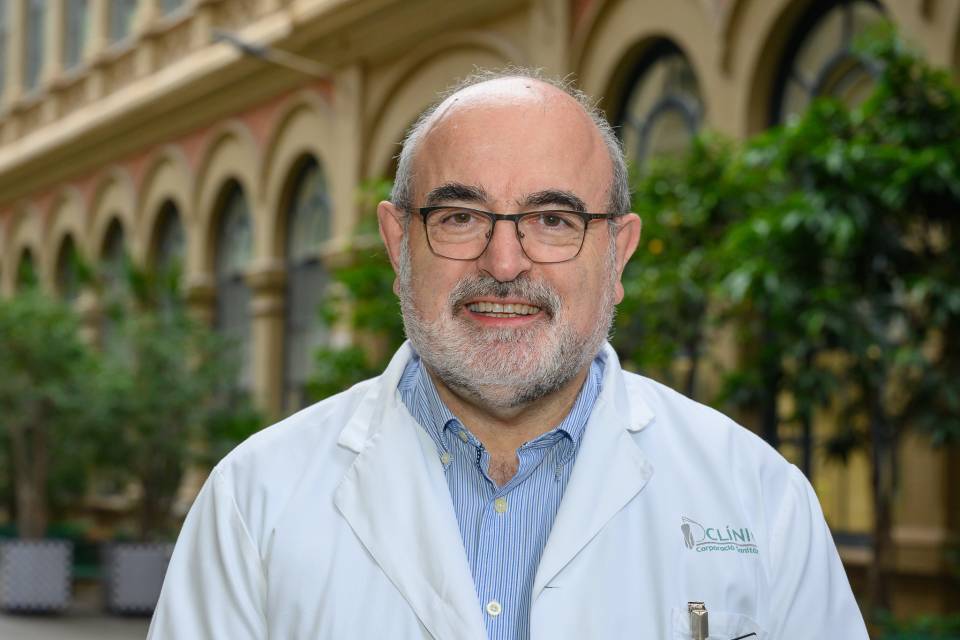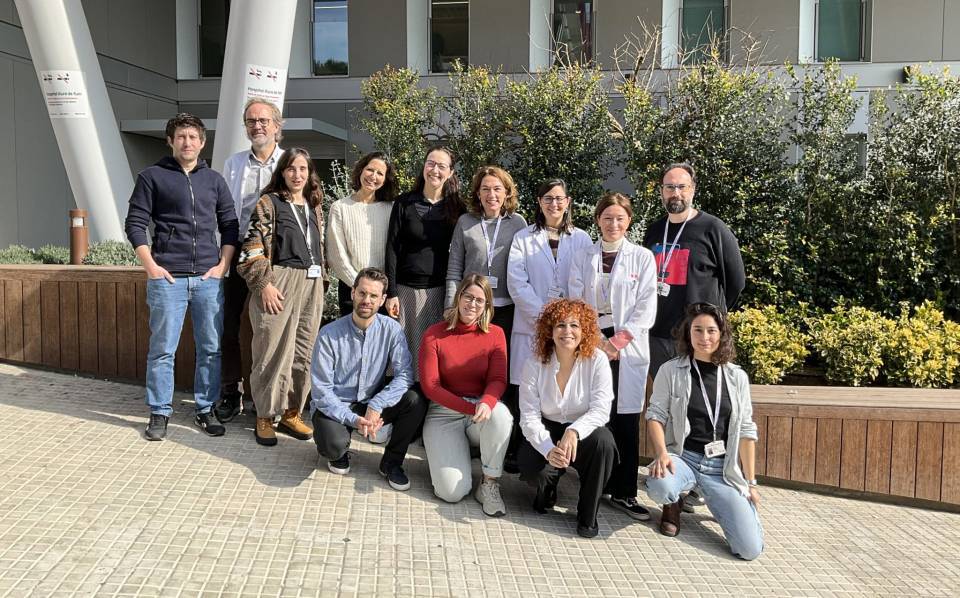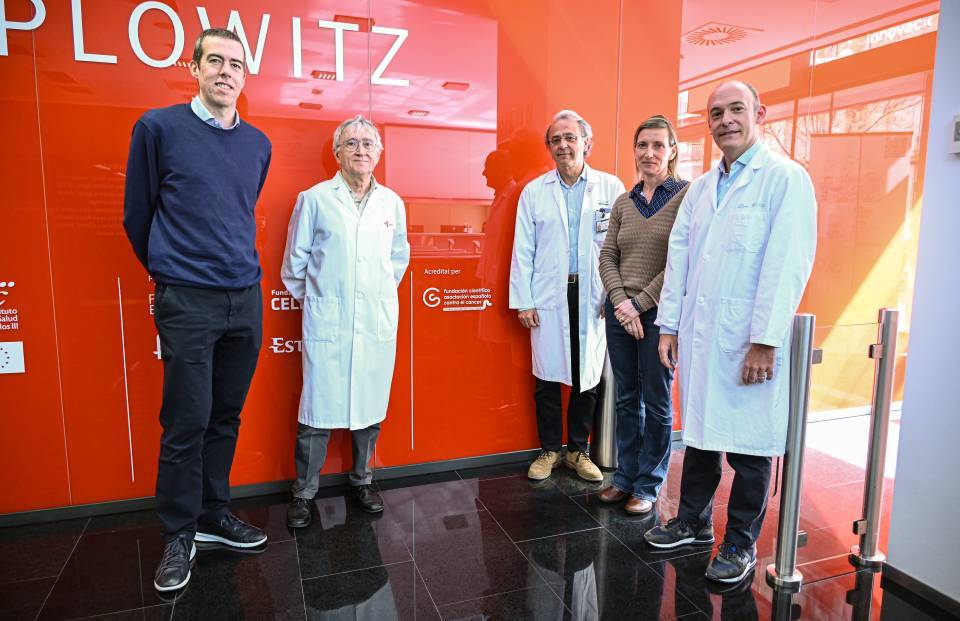This chronic inflammatory disease affects up to 1% of the general population and causes nasal congestion, loss of smell and fatigue, thereby seriously impacting patients’ quality of life.
Dr Joaquim Mullol, the head of Hospital Clínic’s Rhinology Unit and the Olfaction Clinic of the Otorhinolaryngology Department and the head of IDIBAPS’ Clinical and experimental respiratory immunoallergy research group, is the only Spanish author of the study.
What is chronic rhinosinusitis with nasal polyps?
Chronic rhinosinusitis with nasal polyps is characterised by persistent inflammation of the nasal mucosa and paranasal sinuses, which causes nasal polyps to form. This disease makes nasal breathing difficult, changes the sense of smell and can cause other symptoms such as rhinorrhea or facial pain/pressure. The inflammation is often mediated by cytokines such as interleukin-5 (IL-5), which is responsible for activating eosinophils, a kind of immune cell involved in type 2 nasosinusal inflammatory process.
Reduction of nasal polyps and nasal obstruction
The ANCHOR-1 and ANCHOR-2 clinical trials, sponsored by GSK and conducted in more than 500 patients with chronic rhinosinusitis with severe nasal polyps, demonstrated that depemokimab significantly reduces the size of nasal polyps and improves nasal obstruction when administered twice per year.
At 52 weeks, patients treated with this drug experienced a decrease in the size of their nasal polyps and nasal obstruction, compared with the placebo group.
These improvements were clear within the first few weeks of treatment and were maintained throughout the study period. In addition, 74% of patients treated with depemokimab did not require nasosinus surgery or systemic corticosteroids during the 52-week follow-up period.
An innovative approach
Depemokimab acts by blocking IL-5, thereby inhibiting the type 2 inflammation that predominates in most cases of chronic rhinosinusitis with nasal polyps. Through its prolonged action, this drug offers a twice-yearly dosing schedule that can improve patients’ adherence to treatment and lessen their treatment burden.
According to Dr Mullol, ‘This new treatment will better control symptoms and prevent recurrence by reducing the need for nasosinusal surgery and systemic corticosteroids, whether in short or long courses. This will significantly improve the quality of life and the impact of the disease on patients’.
Safety and future prospects
The adverse effects of depemokimab were similar to those of the placebo and no serious drug-related incidents were reported. These data support the potential of depemokimab as a therapeutic option for other IL-5-mediated inflammatory diseases, such as severe asthma, which is frequently associated with chronic rhinosinusitis with nasal polyps.
‘This is a major breakthrough towards more personalised management of chronic rhinosinusitis with nasal polyps, a disease that is often difficult to control with the treatment options currently available’, Dr Mullol concludes.
Study reference:
Gevaert P, Desrosiers M, Cornet M, Mullol J, De Corso E, Keles Turel N, Maspero J, Fujieda S, Zhang L, Sousa AR, Woods SJ, Davis AM, Schalkwijk S, Edwards D, Ranganathan P, Follows R, Marshall C, Han JK; ANCHOR-1 and ANCHOR-2 trial investigators. Efficacy and safety of twice per year depemokimab in chronic rhinosinusitis with nasal polyps (ANCHOR-1 and ANCHOR-2): phase 3, randomised, double-blind, parallel trials. Lancet. 2025 Mar 15;405(10482):911-926. doi: 10.1016/S0140-6736(25)00197-7.




